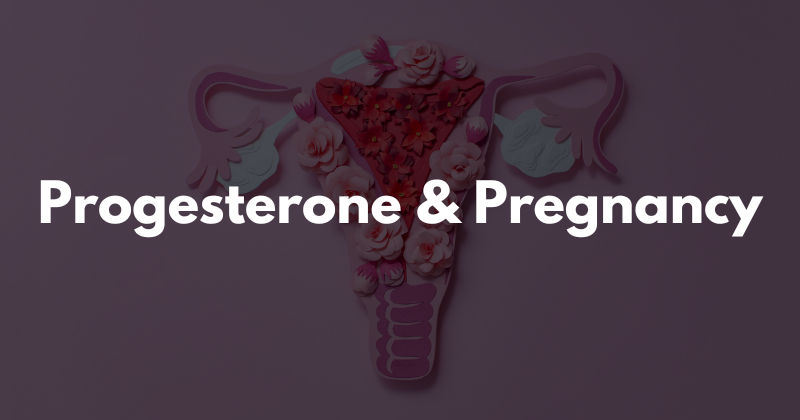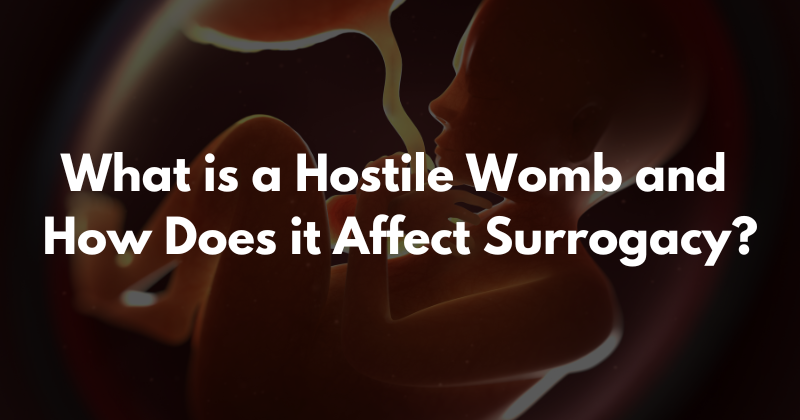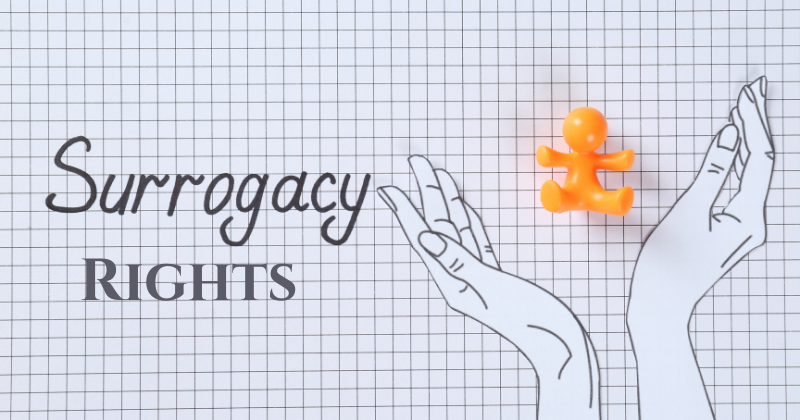Are you feeling pressured to have a baby? Is your biological clock ticking? The good news is that with new technology women can freeze their eggs which can remove pressures from family and society to have a child by a certain age. This can be a relief to women in their mid-20s, 30s and early 40s who have delayed pursuing a family due to career or other health factors that may have interrupted the hope of childbirth. Older, professional women are taking advantage of freezing their eggs while younger women are using this option as an insurance policy for a second or third pregnancy. Experts recommend for women to freeze their eggs before they turn 40. As women age, fertility declines quickly, so the earlier you freeze your eggs, the more viable and healthier they may be.
When going through the process of freezing your eggs, you will need to undergo hormone treatment for a few weeks. Afterward, the eggs are extracted during a quick outpatient procedure with minimal recovery time. When you are ready to get pregnant, the clinic will thaw the eggs, inject sperm into them and wait for up to five days for the embryos to conceive. Then the most viable embryo is implanted in the uterus. It is necessary to take a hormone supplement to encourage the body to accept the pregnancy.
The process of freezing eggs is not for every woman, so it is advised to do plenty of research on the subject. There is a cost factor to consider, as it can be an expensive procedure. Costs can range around $10,000 depending on the number of eggs you freeze. Typically, it is recommended to have between 12 and 20 high-quality eggs frozen, but this varies by age. There is also an annual storage charge of a few hundred dollars, an implantation fee as well as costs if there is a need for additional rounds.
Also, you need to be realistic and understand that getting pregnant may not work even when you freeze your eggs if they are too past their prime. Some tests and tools can assess the success of specific fertility treatments. Such information will help you know your odds of success by accounting for your age, BMI, hormone markers measured by blood tests, as well as fertility and reproductive history. Also, finding the right specialist is crucial so you have all the information up front and feel comfortable with the procedure.
If you are interested in exploring your options to have a child, contact our fertility experts to have your questions answered. We are here to offer you support through a beautiful and exciting journey.
Wendy Arker entered the field of infertility with a huge heart and passion to guild others on their quest to grow their own family after her personal journey with infertility and turning to egg donation and sperm donation to create her own family. Being a single-mother-by-choice, Wendy understands firsthand the unique way families are built. Whether you’re a married couple, single, or LBGTQ, Creative Love is committed to assisting you.























